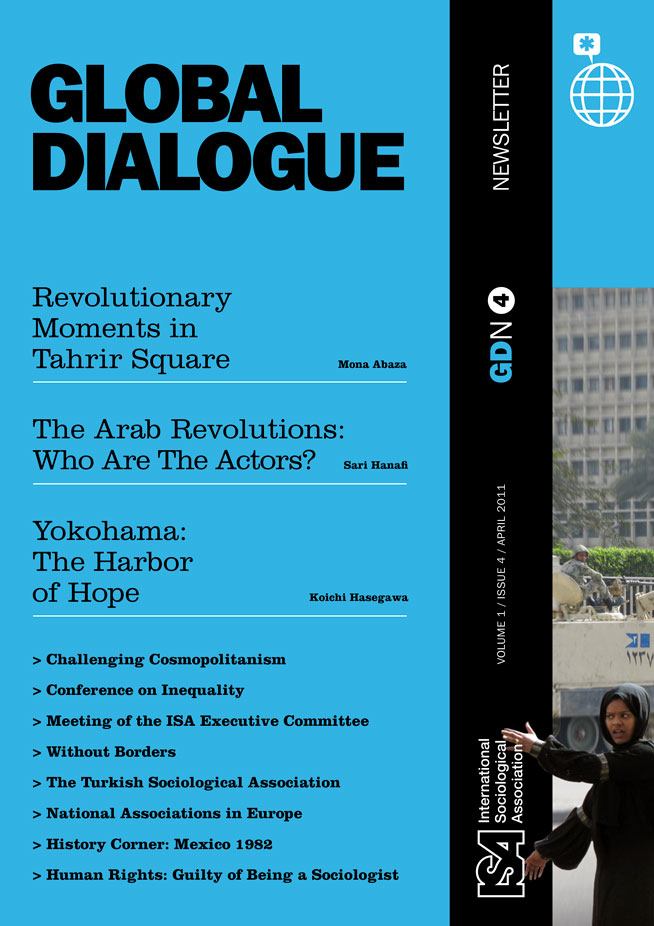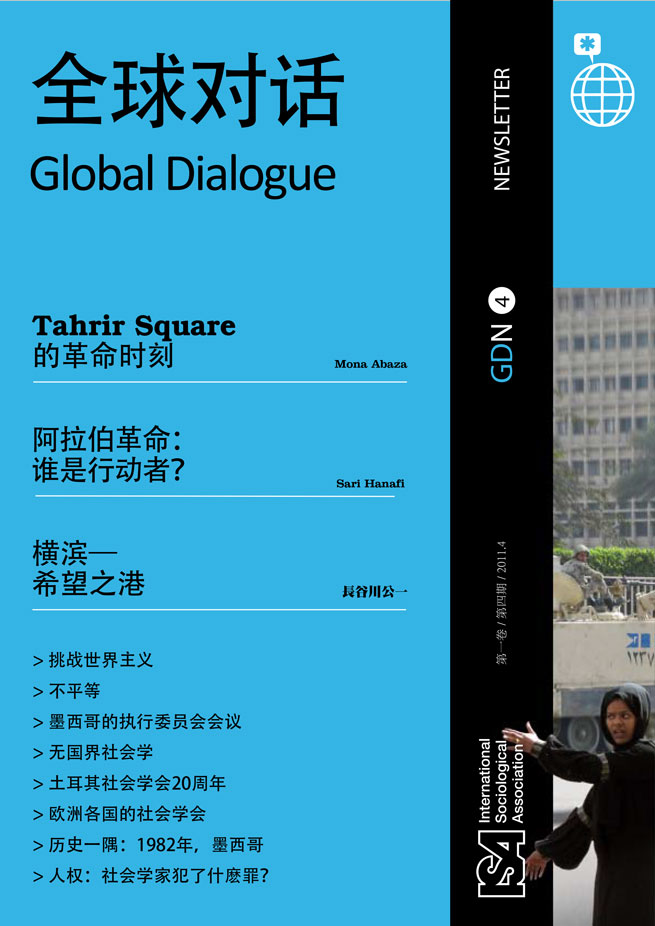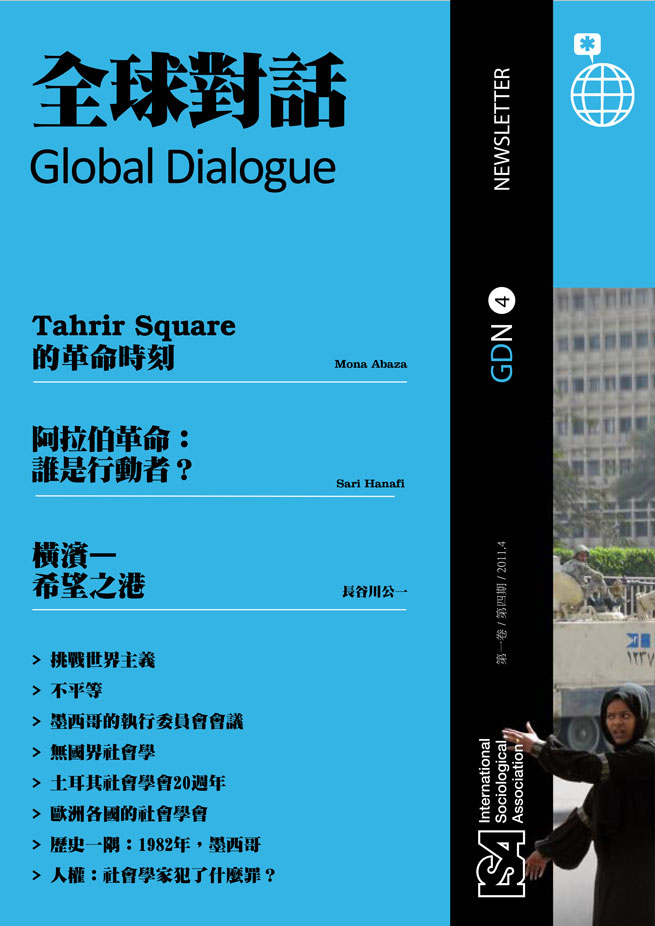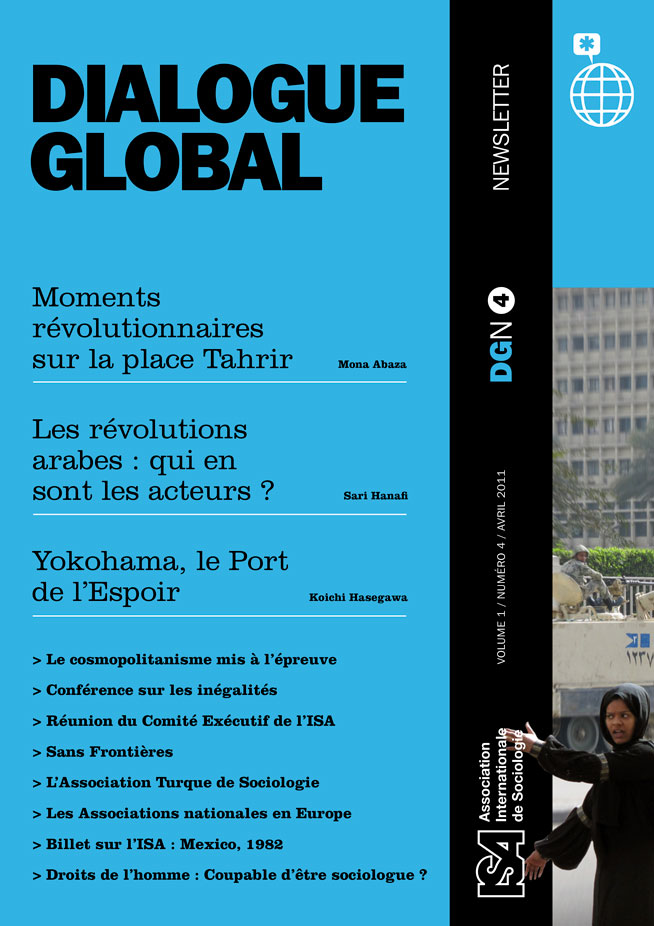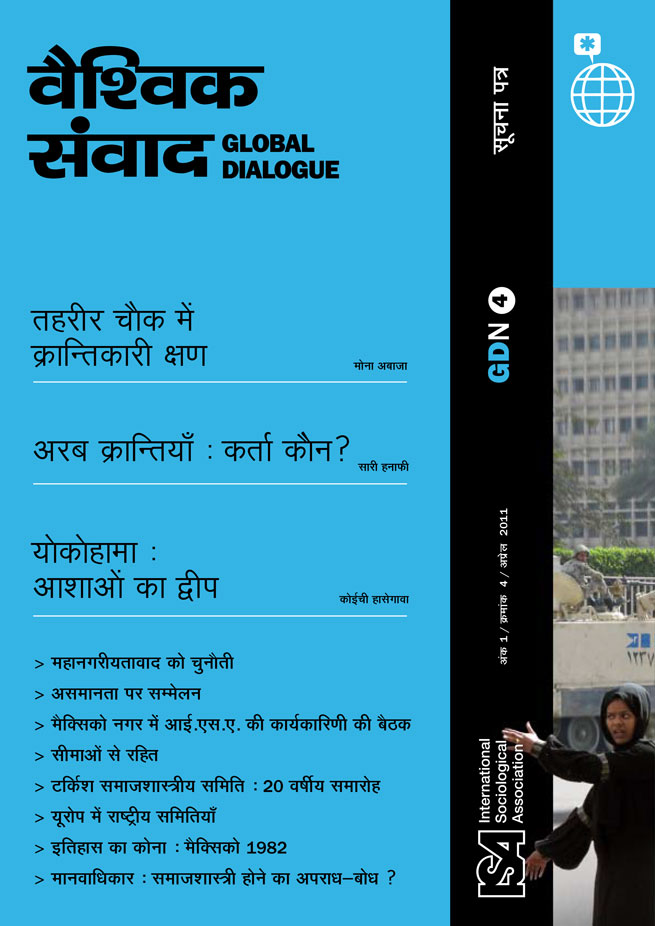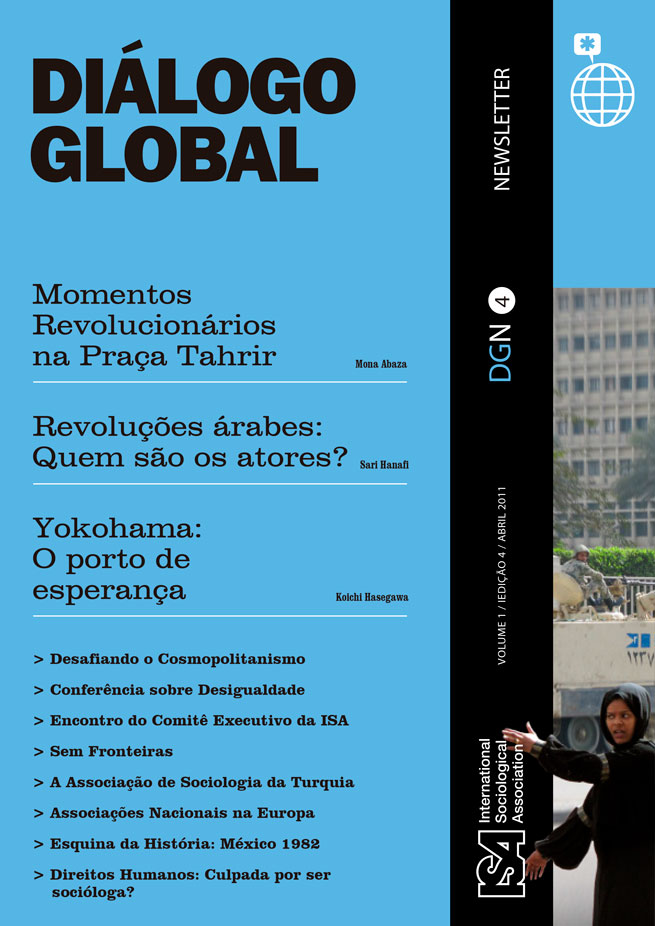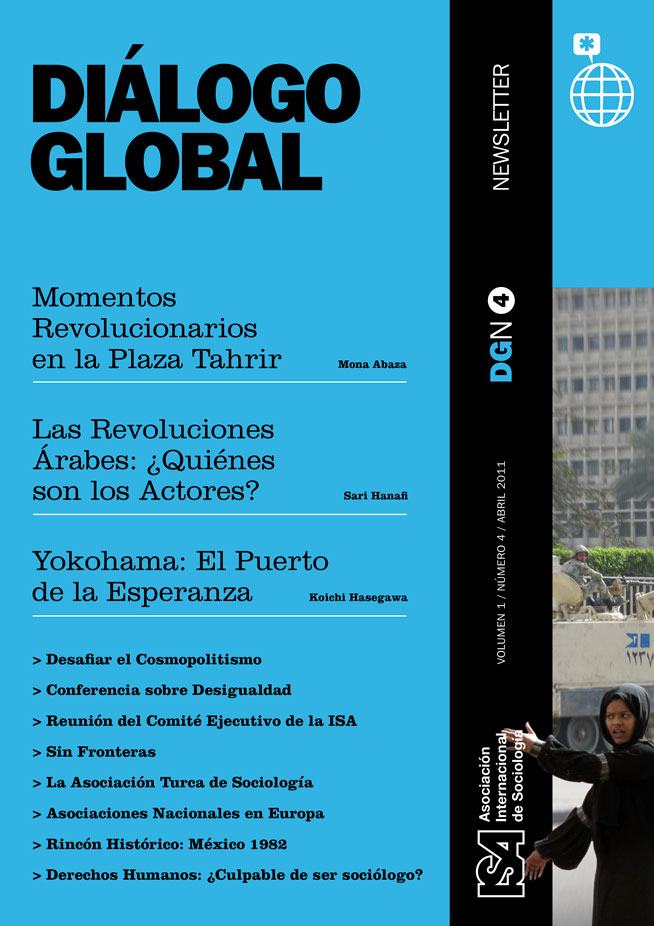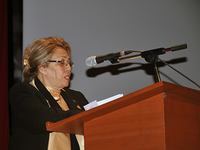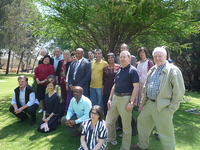Without Borders
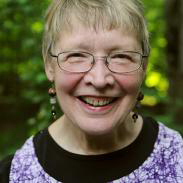
May 07, 2011
Médecins Sans Frontières was, of course, at the forefront of the ‘without borders’ movement that accelerated with globalization. This list is hardly exhaustive, but indicative of the broad extent of the movement: Architecture without Borders, Clowns without Borders, Engineers without Borders, Farmers without Borders, Monks without Borders, Music without Borders, Reporters without Borders, Soccer without Borders, and Teachers without Borders.
Sociologists without Borders/Sociólogos sin fronteras (SSF) is part of that broad movement. Founded in Spain in 2002, it then expanded to other countries – Brazil, Chile, Iran, Italy, Malaysia, Puerto Rico, and the United States. Like other ‘without borders’ organizations its mission statement emphasizes equality and peoples’ global responsibilities to one another, and additionally highlights the importance of human rights, participatory democracy, equitable economies, and sustainable ecosystems. SSF is critical of imperialism and neoliberalism. The turn towards a ‘public sociology,’ advocated by Michael Burawoy, has been especially welcomed by members of SSF.
Sociology is turning, understandably slowly. A few decades ago there was little questioning of the positivist and rationalistic assumptions that dominated university departments and research settings, at least in the United States. This began to change in the 1970s with feminist perspectives (in the US by Sociologists for Women in Society – SWS) and African American perspectives (in the US by the Association of Black Sociologists – ABS). The members of the Marxist Section of the American Sociological Association (ASA) always reminded us of the bigger picture. Newer sections of the ASA are evidently not neutral: Aging and the Life Course; Altruism, Morality and Social Solidarity; Children and Youth; Disability and Society; and Education (among others). It is hard to imagine that those who do research on children are indifferent to their welfare, and some of these researchers may very well be advocates for children. In other words, public sociology has pervaded the discipline in the United States.
What role does the US chapter of SSF play in American sociology? First, we have a list-serve and a discussion board that are global [http://ssfthinktank.org/].
Second, we are represented on the advisory board of the Human Rights Coalition of the American Association for the Advancement of Science, which an ASA Section could not do.
Third, we attend, as an organization, the World Social Forum, which an ASA Section could not do. Fourth, we can ‘lobby’ the ASA, which an ASA Section could not do. Two of our resolutions have been approved by ASA Council: a statement on human rights, and another to protect the rights of endangered sociologists around the world. We have our own journal, Societies without Borders which, consistent with our philosophy, is open-source.
Being footloose and independent of the ASA (while being its friend)has big advantages, consistent with our ‘without borders’ philosophy. We can take positions that are not in sync with those held by many sociologists. Do we advocate the free flow of money and resources to the Global South? Of course. Do we advocate the end of imperialism and hegemony? You bet. Do we advocate the end of privatization? Sure. Do we advocate the free flow of peoples? Migration without borders? Absolutely!
Judith Blau, University of North Carolina, President of US Chapter of Sociologists without Borders
Alberto Moncada, President of Sociologists without Borders International


